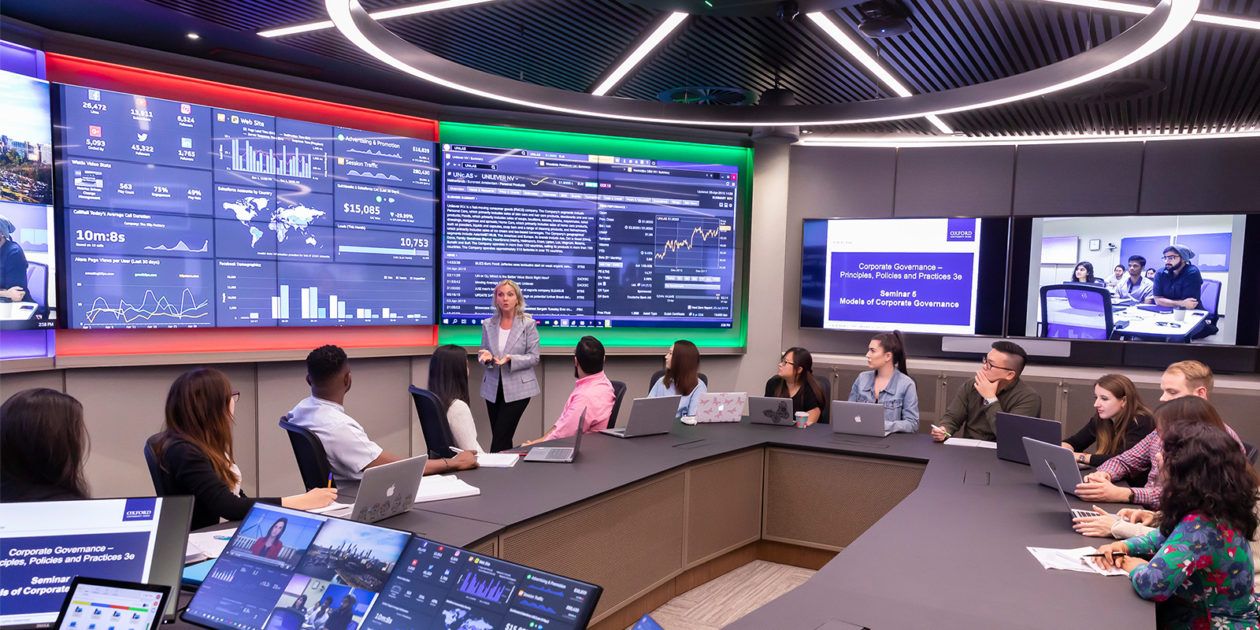Overview
Overview
If you are looking to start a new career in project management, or have recently graduated and not yet gained experience in the field, this two-year course will introduce you to the foundations of the discipline before moving onto more challenging projects later in the course.
The opportunity to study 3-4 elective units will allow you to develop your skills in complementary areas outside of project management (for example: health, science, education or engineering). This is valuable if there is a specific field where you aim to apply your project management skills.
Project management is a distinct professional discipline, having its own body of knowledge, skills, tools and techniques. It involves managing a project from inception to completion and the successful attainment of the project objectives.
The course is applicable to a wide variety of industries such as education, health, commerce, information technology, construction, engineering and research and development. You can select either the Research Stream or the Professional Stream for your final semester.
You will learn the processes and techniques associated with project management, including cost, time, quality, risk, communication, human resources and procurement management. The program will also train you in leadership, team management and motivation.
If you already have significant professional experience in project management and are looking to progress your career, consider the 1.5-year Master of Science (Project Management) which only includes the more advanced units, shortening the course duration.
If you complete the master degree to a high standard, you may be eligible to proceed onto doctoral-level studies.
Mission Statement
The mission of the Curtin Project Management program is to transform lives and communities through education and research in project management.
What jobs can the Project Management course lead to?
As methodologies such as Agile and Scrum are incorporated into general management, dictating the way work is managed, project management skills are increasingly sought across all industries. The accelerating adoption of automation technologies is also creating a demand for project managers to manage the outputs of these systems. In fact, the international Project Management Institute reports that by 2027, employers will need more than 87 million additional people in project management-oriented roles.
Industries
- Commerce
- Construction
- Education
- Engineering
- Events planning
- Health
- IT
- Law
- Marketing and public relations
- Resources
What you'll learn
- describe and apply the principles, concepts, tools, techniques and processes of project management, and extend the boundaries of knowledge through research
- think critically and reflectively to analyse project management problems and issues and generate practical effective solutions to facilitate project success
- source, critically evaluate and synthesise information to support comprehension and decision making in a project environment
- communicate effectively graphically, orally, and in writing, with academic, professional and community stakeholders
- use appropriate technologies for the facilitation of project management processes
- use a range of strategies that will enable continued learning
- recognise the value-of an international perspective on project management processes
- appreciate the cultural diversity of the wider community and its impacts on project management
- conduct themselves in an ethical and professional manner; demonstrate skills in leadership, self-motivation and working in teams


